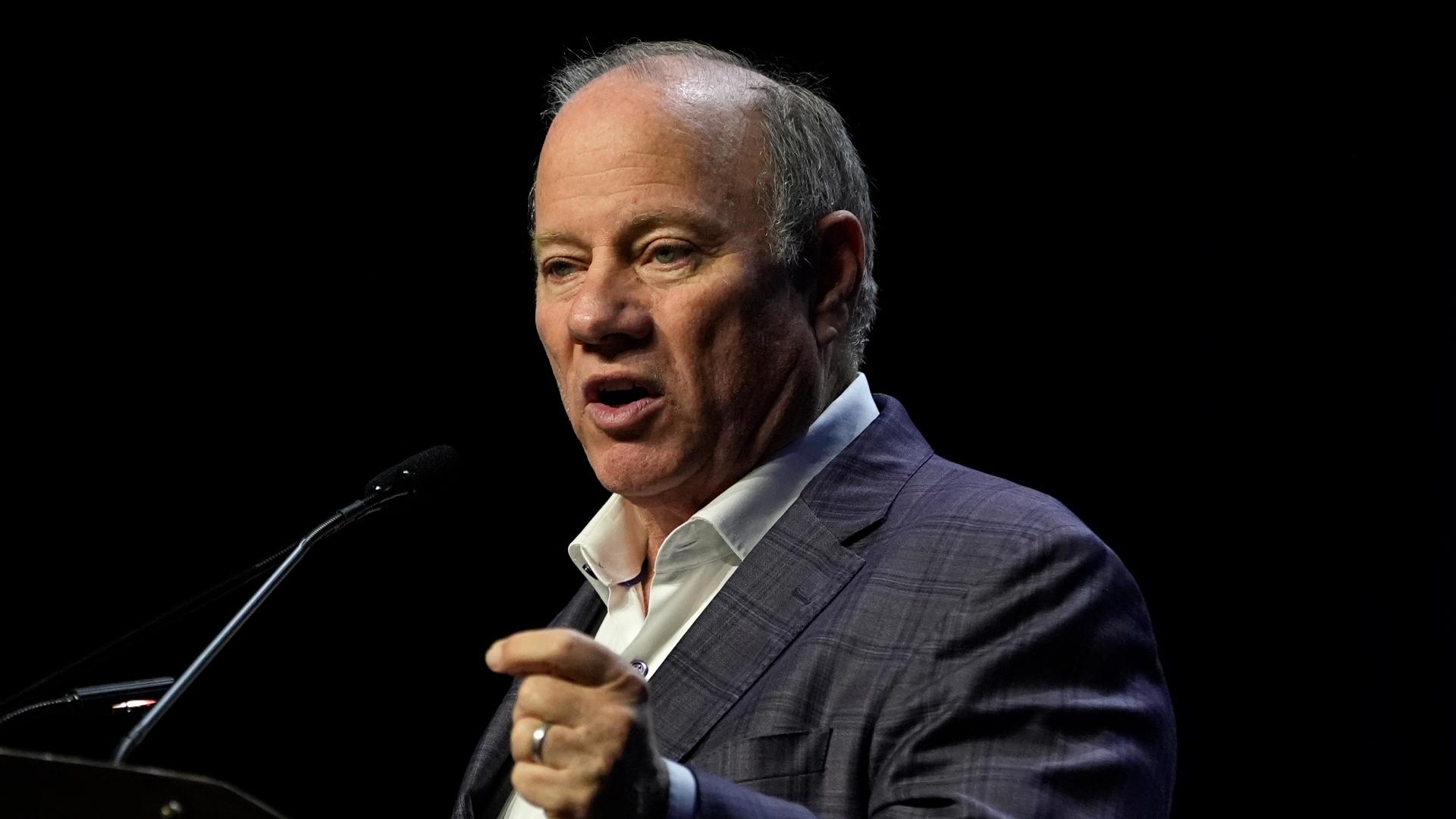LANSING, Mich. — LANSING — Despite fierce opposition from Democrats and a wide variety of groups, Republicans in the Legislature gave final passage to a bill that will make it tougher to get the signatures needed to get a proposal on the statewide ballot.
The bill would require that no more than 15 percent of the signatures gathered be from any one of the 14 congressional districts in the state. Current law has no geographic requirements on where signatures come from and the original version of the bill contained a 10 percent per-congressional-district signature cap.
While you were sleeping:
That was the provision causing the most heartburn in a Senate committee hearing earlier this week and when the bill came up for a final vote at 6 a.m. Friday. It was one of the last bills taken up during this controversial lame duck session.
“The clear purpose of this bill is to make it harder to circulate petitions,” said Patrick Anderson, who spearheaded the 1992 petition drive to implement term limits for state office holders. “Many Michigan citizens opposed all the initiatives (on the Nov. 6 ballot), but I’ll defend to the death the right to circulate petitions. If you would like to make it harder to get initiatives on the ballot, there’s a clear way to do it. Amend the constitution.”
Ed Rivet, former spokesman for Michigan Right to Life, said the geographic signature requirements in the bill were clearly unconstitutional.
“I don’t think our voices should be silenced in a (congressional) district,” he said, noting that if voters want to put a referendum on the ballot to deal with sky high auto insurance rates, “I don’t think we should limit the residents of Detroit from having their voices heard on that.”
Before the Senate voted 26-12 to pass the bill, Sen. Steven Bieda, D-Warren, said, "You’re trying to pass this bill because you don’t like how Michiganders voted. This legislation seems to be nothing more than a power grab meant to undermine the will of the voters."
State Rep. James Lower, the Cedar Lake Republican who sponsored the bill, said it is meant to ensure that more voters from across the state are involved in ballot proposals at the front end.
“I just think it’s important to get more transparency in the process and more input from voters," he said.
But Sen. Morris Hood, D-Detroit, pointed out that more people will be disenfranchised because, "Once you reach the 15 percent threshold, the 15.1 percent doesn't count. You have to move to another congressional district."
The lame duck bill, which was first introduced on Dec. 6, comes on the heels of three successful ballot proposals that were overwhelmingly approved by voters on the Nov. 6 ballot, but were opposed by many Republicans, including: legalizing marijuana for adult recreational use; changing the way federal and state legislative district lines are drawn and increasing access to voting.
It also was introduced after Republicans voted to gut a minimum wage hike to $12 per hour by 2022 and require employers to provide paid sick time to employees. Those proposals came about after activists gathered enough signatures to get them on the ballot, but the Legislature voted to adopt them in September in order to keep them off the ballot. One of the first actions taken by Republicans in the lame duck session was to significantly change the proposals.
Other provisions of the bill require that petition circulators clearly identify if they are being paid or are volunteers, and sets a seven-day deadline for people who want to file an appeal of a Board of Canvassers decision to the state Supreme Court.
After the Senate vote, the House concurred and HB 6595 is on its way to Gov. Rick Snyder to sign or veto.
Contact Kathleen Gray: 313-223-4430, kgray99@freepress.com or on Twitter @michpoligal.



